Scholarship on Teaching
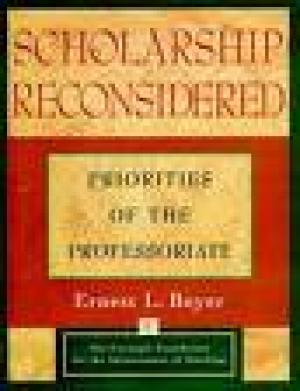
Ernest L. Boyer's Scholarship Reconsidered offers a new paradigm that recognizes the full range of scholarly activity by college and university faculty and questions the existence of a reward system that pushed faculty toward research and publication and away from teaching. (From the Publisher)
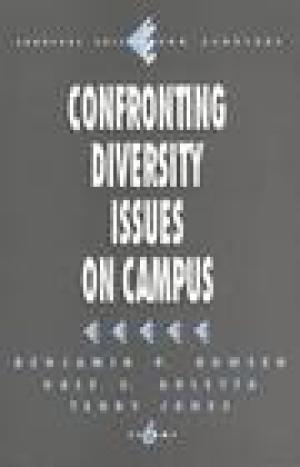
Controversies about affirmative action hires, admission policies, intercultural relations in the classroom, the role of ethnic studies departments, and changes in course curriculum all seem to swirl around the changing ethnic composition of the campus. How do we all get along? Tackling this question are authors Bowser, Auletta, and Jones, who suggest some practical strategies for dealing with questions of racism, diversity, and intercultural communication. (From the Publisher)
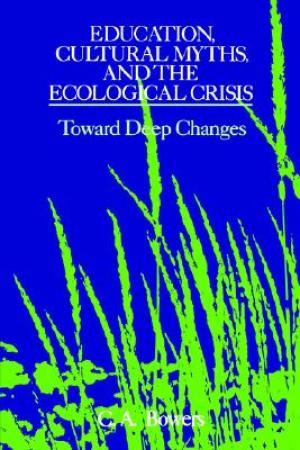
Bowers examines how the educational process perpetuates cultural myths that contribute to the ecological crisis, particularly how thought patterns from the past are reproduced through the metaphorical language used in the classroom. He suggests that a more ecologically sustainable ideology is being formulated by such writers as Aldo Leopold and Wendell Berry. (From the Publisher)
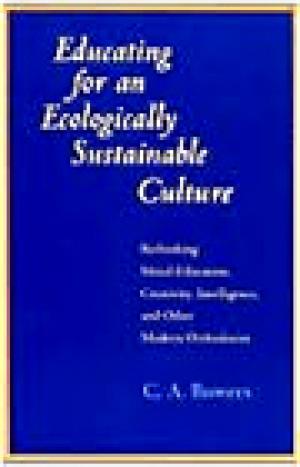
This book is a wake-up call for environmentalists who need to consider how current educational ideals and practices undermine efforts to create a more sustainable future. It is also a wake-up call for educators who continue to base their reform efforts on the primacy of the individual, while ignoring the fact that the individual is nested in culture, and culture is nested in (and thus dependent upon) natural ecosystems. Bowers argues that the modern way of understanding moral education, creativity, intelligence, and the role of direct experience in the learning process cannot be supported by evidence. (From the Publisher)
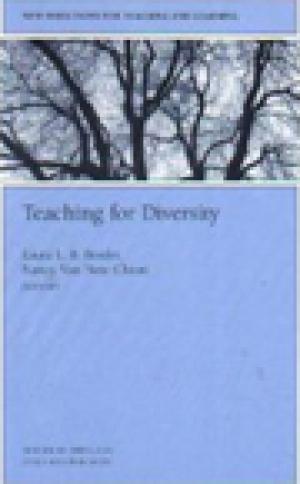
In the charged atmosphere of the debate on multicultural issues, higher education professionals must take action, even in the face of incomplete information and complicated arguments and counter arguments, and are often expected to set standards when many assumptions are made in deep-rooted, taken-for-granted institutional practices. This volume of New Directions for Teaching and Learning speaks in a practical way to administrators, instructors, faculty/TA developers, and support staff who work in the multicultural classroom and offers valuable information that will serve as a basis for recognizing and solving issues in diversity. This is the 49th issue of the quarterly journal New Directions for Teaching and Learning. For more information on the series, please see the Journals and Periodicals page. (From the Publisher)

Discussions surrounding collegial practices and exchanges are common, but this volume departs from the usual and focuses on serious problems facing professionals in higher education--from being "open to corrections" and paying more attention to the "ethics of higher education," to creating collegial models that counter the traditional models of "insistent individualism." Bennett looks at the basic structure of what academic professionalism in higher education is and could be. Focusing on the flaws of autonomy that weaken the academy, he develops a more "relational model," which emphasizes "togetherness," "constructive education," "roles and virtues," "hospitality," and "thoughtfulness." He defines and reviews criticism, and he covers topics such as faculty individualism, departmental separatism, generational differences, codes of ethics, collective bargaining, and the competition in the academy for funding and students. The author does not call for an "unreachable academic utopia," but rather for change toward incorporating the collegial ethic of hospitableness and thoughtfulness. Not a bad idea in a world that often seems self-absorbed and disconnected. Upper-division undergraduates through professionals. (From the Publisher)
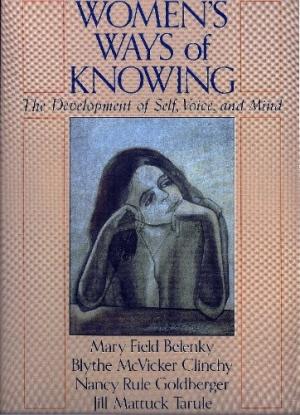
Despite the progress of the women's movement, many women still feel silenced in their families and schools. Based on in-depth interviews with 135 women, this moving and important book explains why. (From the Publisher)

Reveals the deep and pervasive search for meaning that haunts Generation X. This book is must reading for anyone who would understand the spirituality of young people at the turn of a new millennium.—Robert A. Ludwig, author of Reconstructing Catholicism for a New Generation In Virtual Faith, Beaudoin explores fashion, music videos, and cyberspace concluding that his generation has fashioned a theology radically different from, but no less potent or valid than, that of their elders. Beaudoin's investigation of popular culture uncovers four themes that underpin his generation's theology. First, all institutions are suspect — especially organized religion. Second, personal experience is everything, and every form of intense personal experience is potentially spiritual. Third, suffering is also spiritual. Finally, this generation sees ambiguity as a central element of faith. This book opens a long overdue conversation about where and how we find meaning, and how we all can encourage each other in this central human searching. (From the Publisher)
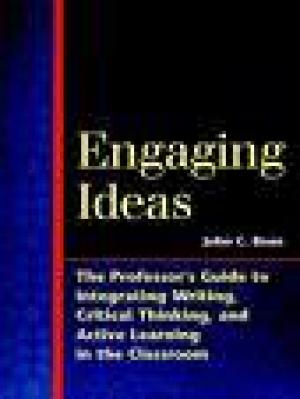
A practical nuts and bolts guide for teachers from any discipline who want to design interest-provoking writing and critical thinking activities and incorporate them into their courses in a way that encourages inquiry, exploration, discussion and debate. (From the Publisher)
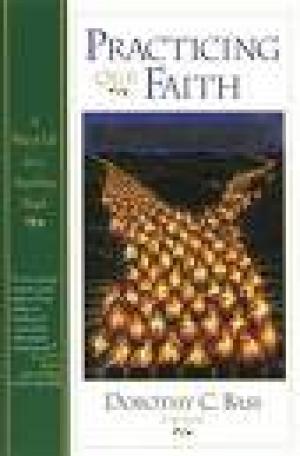
With its ecumenical perspectives and its comprehensive consideration of Christian practices, this is a fitting volume to inaugurate Jossey-Bass's new Religion in Practice series. The volume's editor, Dorothy Bass, a United Church of Christ minister and Director of the Valparaiso Project on the Education and Formation of People in Faith, identifies the book's audience as those who seek a way of life rich in faith and integrity. Bass and Craig Dykstra, v-p for religion at the Lilly Endowment, provide opening and closing essays, which focus, respectively, on the yearning of believers for ways to incorporate faith in their lives and on how to keep the practice of faith alive. In the book's 12 central essays, a wide variety of theologians from a range of Christian communities explores practices vital to Christian daily life. These practices include honoring the body, providing hospitality, caring for the household, keeping Sabbath, speaking truthfully, forgiving and shaping worthy communities. All of the practices are informed by two essential Christian practices: prayer and Bible study. This excellent collection of essays presents ways of thinking about and engaging in a spiritual life. (From the Publisher)